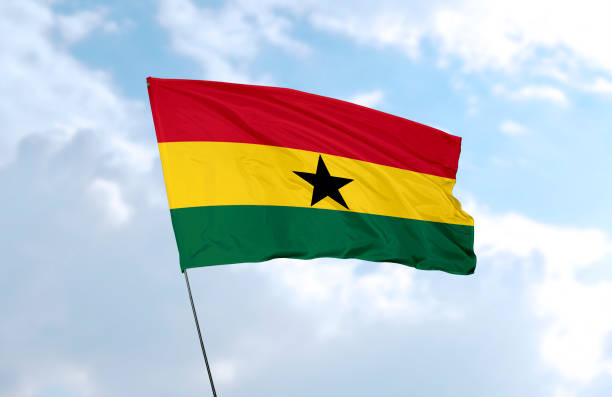The recent decision by the US State Department to revoke more than 6,000 international student visas has sent shockwaves across the globe, including in Ghana. Families who have invested heavily in their children’s US education are now facing uncertainty and anxiety due to this policy change. The crackdown, which is said to target students who have violated US laws or expressed “hostile attitudes,” has raised concerns about the safety and future of Ghanaian students studying abroad.
The statistics reveal that a significant number of visas were revoked for various reasons, including criminal offenses like assault and DUI, as well as alleged ties to terrorism. This broad definition of “support for terrorism” has sparked criticism from many, as it allows for visa revocations based on actions that may not involve violence. The case of Rumeysa Ozturk, a PhD student at Tufts University whose visa was canceled after writing an opinion piece critical of her university’s response to the war in Gaza, exemplifies the far-reaching implications of this new policy.
Furthermore, the requirement for visa applicants to make their social media profiles public for vetting has raised privacy concerns among Ghanaian students. Many feel that this is a form of surveillance that restricts their freedom of expression on social media. The fear of being deported for something posted years ago has led to a sense of unease and caution among students and their families.
The potential consequences of a visa revocation are severe, as it can lead to the termination of a student’s legal status in the US, jeopardizing their work authorization and putting them at risk of deportation. This has prompted a political divide in Washington, with Secretary of State Marco Rubio defending the administration’s actions while Democrats and higher education leaders express deep concern over the lack of due process.
The economic and diplomatic repercussions of these visa revocations are also significant. The projected decline in international student enrollment could cost the US economy billions of dollars and tens of thousands of jobs. For Ghana, this could mean a shortage of skilled individuals returning home, impacting the country’s development goals. The strained relationship between the US and Ghana over these policies further underscores the diplomatic challenges posed by the crackdown on international students.
In conclusion, the situation presents a complex challenge for Ghana, as the government must address overstay rates while families weigh the risks of pursuing a US education. The discourse in Ghana reflects on the irony of a nation founded on principles of free speech now restricting those freedoms for foreign students. The uncertainty surrounding studying abroad serves as a reminder that the rules are changing, forcing a reevaluation of the benefits and risks associated with pursuing an education in the US.








